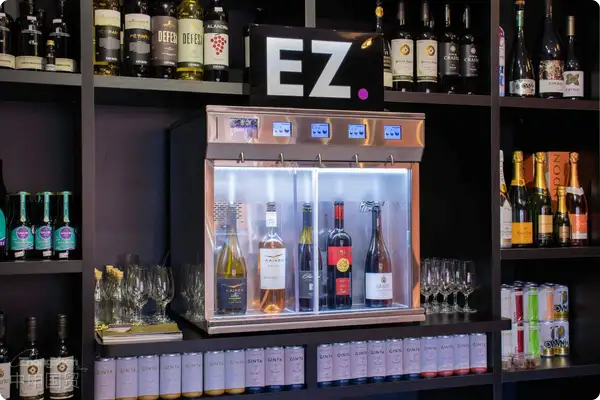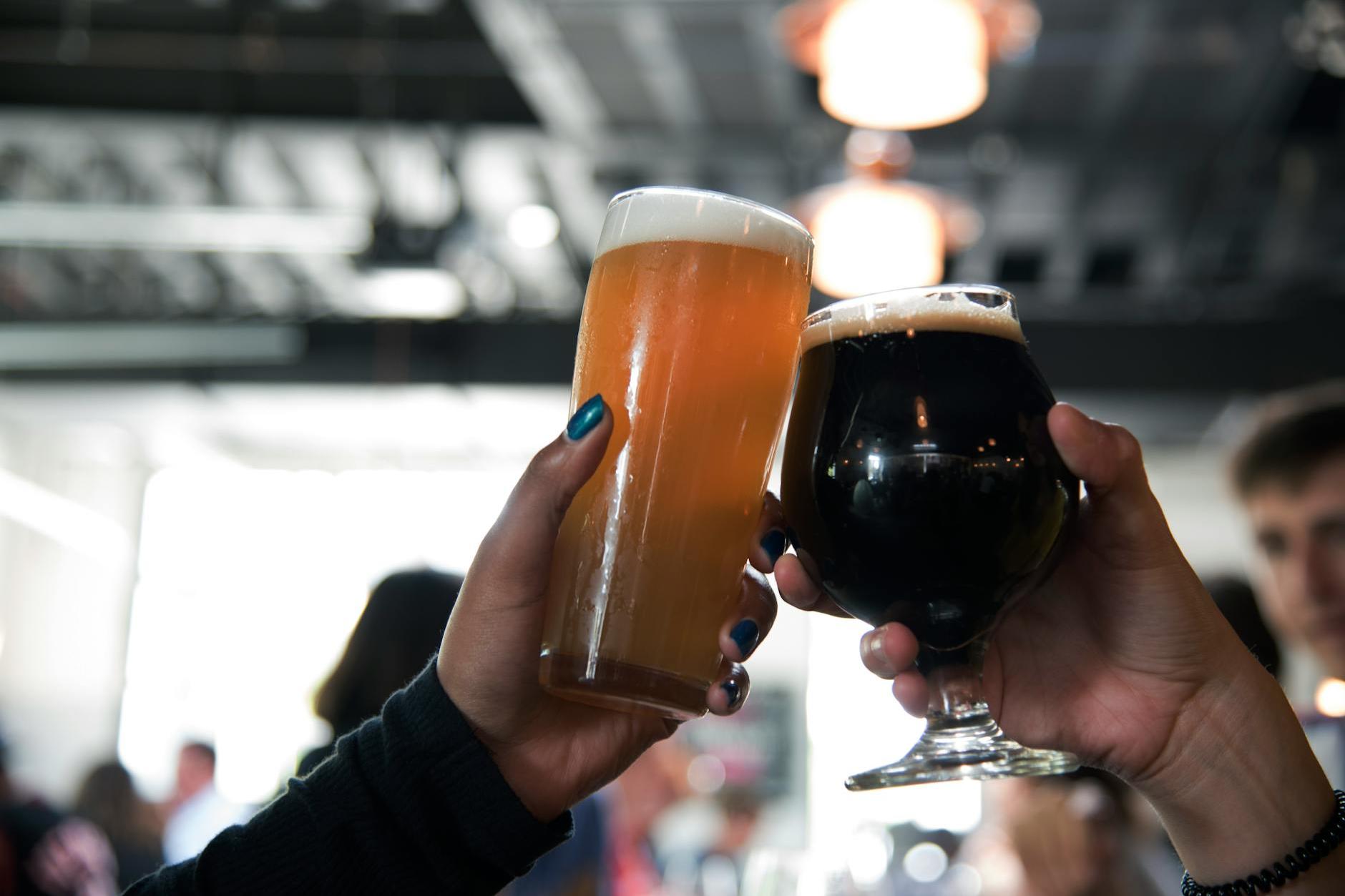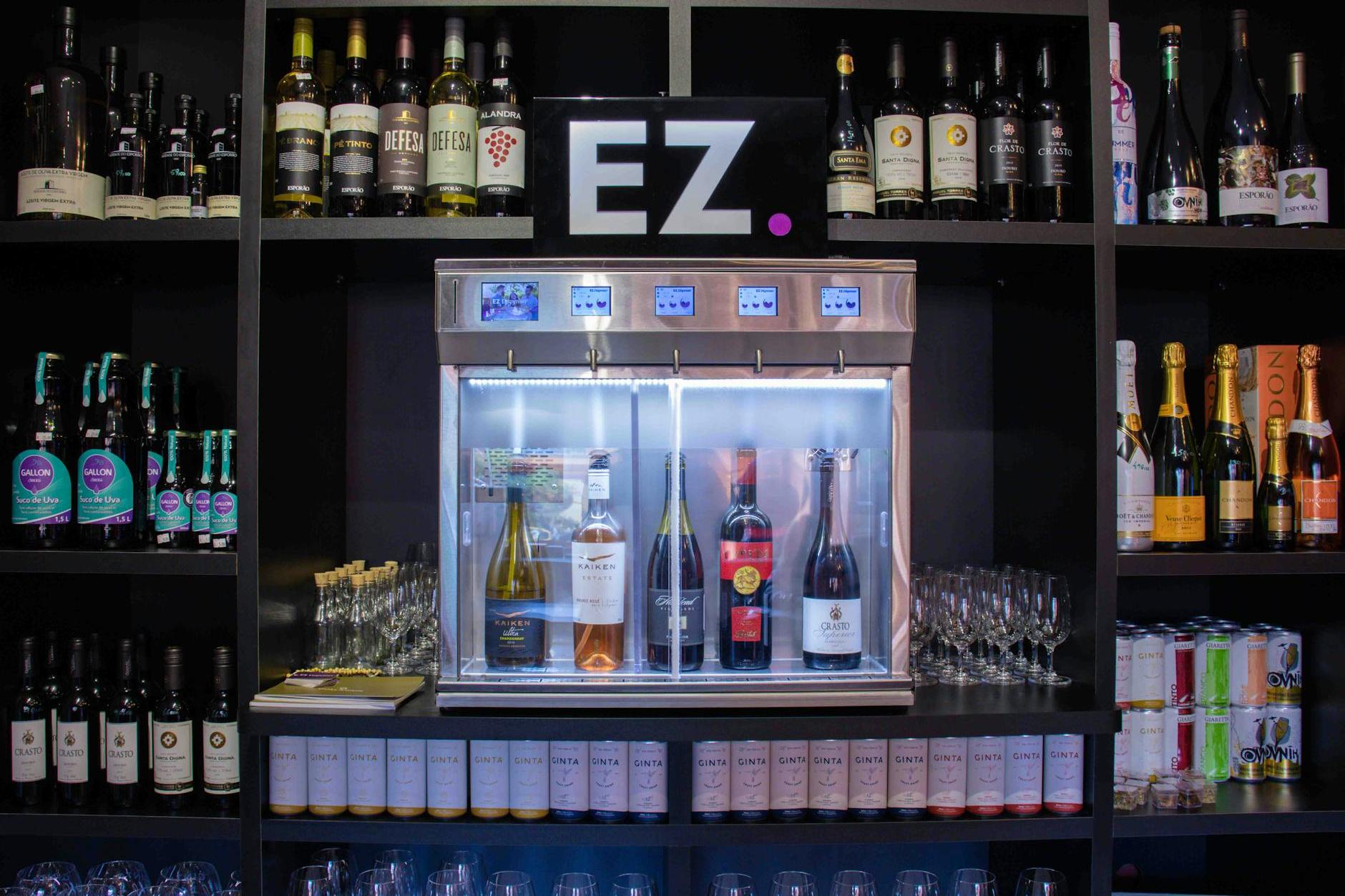- Shanghai Zhongshen International Trade Co., Ltd. - Two decades of trade agency expertise.
- Service Hotline: 139 1787 2118

When Oktoberfest Meets the Chinese Dining Table
Holding the sample box just retrieved from customs, Mr. Zhang's hands trembled slightly. This was already the third time this year that shipments had been detained due to label defects, with each case of black beer worth 200 euros "baking in the sun" at the port. As an importer with fifteen years of experience, he still couldn't figure out:Why does beer produced strictly according to German standards become a "problem child" at Chinese customs?
Product Selection Strategy: Three Key Secrets to Avoid the Red Ocean Market
- The Mystery of Alcohol Content:A Bavarian brewery's 4.9% vol lager became a hit in China, while the 5.0% vol product from the same series struggled to sell. Behind this 0.1% difference lies an 11% consumption tax threshold in the import process.
- Practical Flavor Improvement: We once assisted a client in adjusting the malt concentration of a certain brand of wheat beer from 12.5°P to 11.8°P, reducing the single-box logistics cost by 17%.
- Revolution in Packaging Dimensions: After switching from traditional 500ml glass bottles to 330ml aluminum cans, a craft beer brand in Berlin saw its monthly sales surge from 200 cases to 1,500 cases.
Three "Hidden Landmines" in the Customs Clearance Process
| Risk points | 2023 Case Studies | 2025 Strategy |
|---|---|---|
| Chinese label | A certain brand was returned in bulk due to failure to label "contains caramel color." | Request the winery to reserve a 2cm label overlap area. |
| Test report | Controversy over the Conversion Between ppm and mg/kg for Sulfur Dioxide Residue Units | Conducting dual-standard testing for both Chinese and German markets in advance. |
| Tariff Classification | Fruit-flavored beer was mistakenly classified under tariff code 2203, resulting in an overpayment of 14% in customs duties. | Application for Customs Pre-classification Ruling |
Five-Dimensional Evaluation Method for Agency Selection
- On-site factory audit capability: A truly professional agent will take you on a surprise inspection of the winery's bottling line before signing the contract.
- Crisis response speed:Last Christmas season, a client encountered a port strike, and we completed the port transfer plan within 72 hours.
- Risk control system completeness: The contract of an excellent agent must include the "Port Demurrage Compensation Tier Clause."
- Customs clearance network coverage:Having an advantageous agent in Qingdao Port may be helpless in Huangpu Port.
- Value-added Service Matrix: One-stop service from liquor distribution license processing to terminal stocking recommendations
Three Changes Importers Must Know in 2025
- The new EU regulations require that beer bottles must have the production batch number embossed on the body (labels will no longer be accepted).
- The upgraded "Single Window" system by China's General Administration of Customs has added a new liquor traceability module.
- The Sino-German Cold Chain Logistics Standards Alignment Project is about to be implemented, with transportation costs expected to decrease by 20%.
Common Misconceptions: What You Think Is Compliant Might Actually Be Violating Regulations
Last year, we handled a typical case: an importer insisted on using the "comprehensive test report" issued by the original German manufacturer but overlooked the requirements from the Chinese side.Special Testing for Plasticizers。A container worth 800,000 euros was detained in the bonded zone for 47 days, with the final inspection costs being three times higher than the standard procedure.
Another common misconception is the "small-scale trial" strategy: shipping 12 boxes of samples through personal parcel channels, which results in gray records in the company's commercial documentation and directly impacts the progress of subsequent bulk cargo AEO certification.
Standing at the container terminal of Hamburg Port, the sea breeze carries the aroma of malt to your face. Importing German beer is never just a simple matter of logistics transportation, but rather...Accurate translation of standards between the two countries, early anticipation of consumption trends, and surgical precision in controlling risk factors.Choosing a professional agency company essentially means purchasing a market-tested "risk filtration system."
Next time you raise a German beer stein, take a moment to ponder: how many legal provisions and technical standards has this golden liquid traversed through the "invisible maze"? Our value lies in making this journey as smooth and seamless as the frothy head of your beer.
Related Recommendations
? 2025. All Rights Reserved. Shanghai ICP No. 2023007705-2  PSB Record: Shanghai No.31011502009912
PSB Record: Shanghai No.31011502009912










